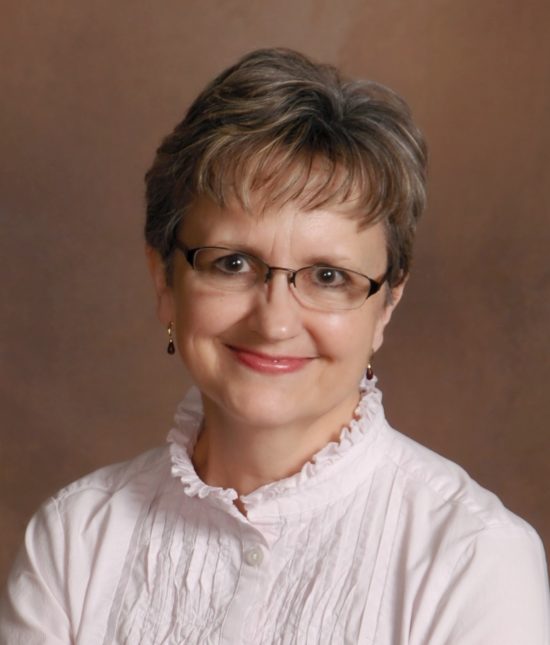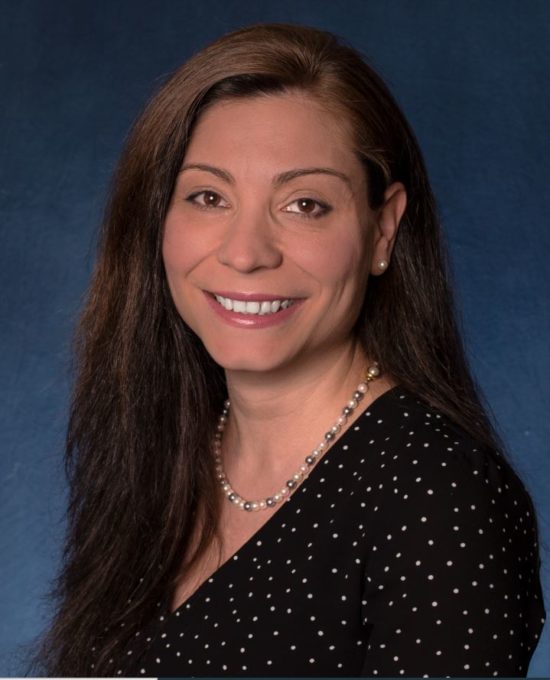
Editor’s note: In January 2022, the Global Ties Network welcomed American Councils for International Education as an International Visitor Leadership Program (IVLP) implementing partner. Global Ties U.S. spoke with Lisa Choate, Executive Vice President, and Nina Bankova, Director of International Programs, about the transition, and why exchange programs like IVLP matter.
A Message from the Office of International Visitors
The Office of International Visitors (OIV) is pleased to welcome American Councils for International Education as one of our National Program Agency (NPA) partners. Acquired by a for-profit entity at the end of 2021, Graduate School USA became ineligible to continue as an NPA and effective January 1, 2022, American Councils for International Education assumed the administration of the IVLP award. American Councils has a wealth of experience with academic, professional, and cultural exchange, and we are excited for them to support the International Visitor Leadership Program (IVLP). This type of change is rare, however we greatly value and would like to thank everyone at Graduate School USA and American Councils who worked closely with OIV and others at the U.S. Department of State to ensure a smooth transition. We look forward to working with the familiar IVLP team from Graduate School USA in their new home with American Councils.
In January 2022, American Councils for International Education joined the Global Ties Network as a National Program Agency, which means it now administers the International Visitor Leadership Program (IVLP). Can you share a little background on this update?

Lisa Choate: Graduate School USA (GSUSA) was acquired by a for-profit organization in 2021, which meant that it could no longer administer IVLP. In the fall, American Councils, GSUSA, and the GSUSA IVLP staff started discussing whether American Councils could be a new home for the program. American Councils administers several exchange programs for the U.S. Department of State, and it seemed like a really good fit. We spent a couple of months working through the details and getting to know each other, and the transfer was confirmed by the State Department on December 31!
American Councils is a leader in academic, professional, and cultural exchange. How does the IVLP fit into your mission and work?
Lisa: American Councils has met with many IVLP delegations over the years and our field offices have also worked with IVLP alums, so the program is well known to us. Our goal is always to provide meaningful exchange, academic, and workforce experiences that are highly supported by professionals and tailored closely to the needs of the participants. IVLP does just that. We have worked previously on a number of programs for professionals, so while this is new territory, it’s also familiar. Some of you may know us from Professional Fellows or the Open World program, for which we have provided administrative services for over 20 years. Others may have heard of the FLEX and YES programs for international high school students, or the National Security Language Initiative for Youth and Critical Language Scholarships programs which provide overseas language study for Americans.
As Director of International Programs, you facilitate people-to-people exchanges like the IVLP, which builds connections between U.S. and international counterparts. How have you seen your team innovate and adapt to strengthen international cooperation, and how do those experiences inform where the IVLP is now, and where it’s headed?

Nina Bankova: We have always been excited about trying out new things, but the pandemic truly gave us carte blanche to enter uncharted waters. Virtual exchange has been around for a while and there are organizations that have done a phenomenal job in that space. However, in the context of IVLP, this was a new concept. Our team accepted the challenge with open arms because we wanted to be a part of the solution to continuing the great work of the IVLP network. While our borders were closed, we kept an open mind to the possibilities. Front and center for us were the quality of the online experience for both speakers and participants, accessibility, and communication with and among all stakeholders. By now, I think it is clear to us all that there is no going back to “normal” for IVLP, only going “Back2Different” (as my friend Mac Bogert called his COVID-inspired podcast).
Throughout the COVID-19 pandemic, the Global Ties Network has adapted travel-based exchange programs like the IVLP to not only meet the moment, but create new models and methods to move exchange forward. What insight can you share from navigating the pandemic? What advice do you have for us?
Lisa: Many of us are emerging from the pandemic with a new sense of resolve and a new playbook. While we connect virtually and in-person with our participants before their programs, we’ve all learned new and better ways to do that and these approaches can really strengthen the program and expand its impact. We also understand that this pandemic is not ending quickly and with all the creativity that we have as a community, there’s a lot we can do now and that we can stay in touch long after programs, too.
Nina: COVID changed the way we think about in-person exchanges. In some ways, virtual programming allowed us to deliver more of the “mutual” aspects of the exchange, where international participants were also able to open their homes and offices to their American counterparts and hosts. I think soon enough all programs will be hybrid with varying proportions of virtual to in-person. However, in our innovations, we should not lose sight of what makes the IVLP program tick for over 80 years now: the ability of people to connect on a deeper level with American people, ideals, and communities.
What is the role of public diplomacy programs like the IVLP in U.S. foreign policy? Why do you think exchange matters?
Lisa: Nothing makes the case for America’s strengths like travel to the United States. Coming here and meeting real people in communities across the country demonstrates that we’ve got a lot of expertise and we’re ready to share it. We’re also hospitable and eager to learn: meeting regular people and professionals across the United States makes those points convincingly. It’s also really important for Americans to meet people from other countries. We learn a lot from them and create those relationships that give texture and richness to our understanding of the world. We become global citizens and problem-solvers instead of just seeing differences.
Nina: IVLP touches the hearts and minds of our participants and stays there forever. There could be no better foreign policy tool than instilling into the hearts and minds of IVLP participants appreciation for our similarities, differences, shared values, and collective challenges.
